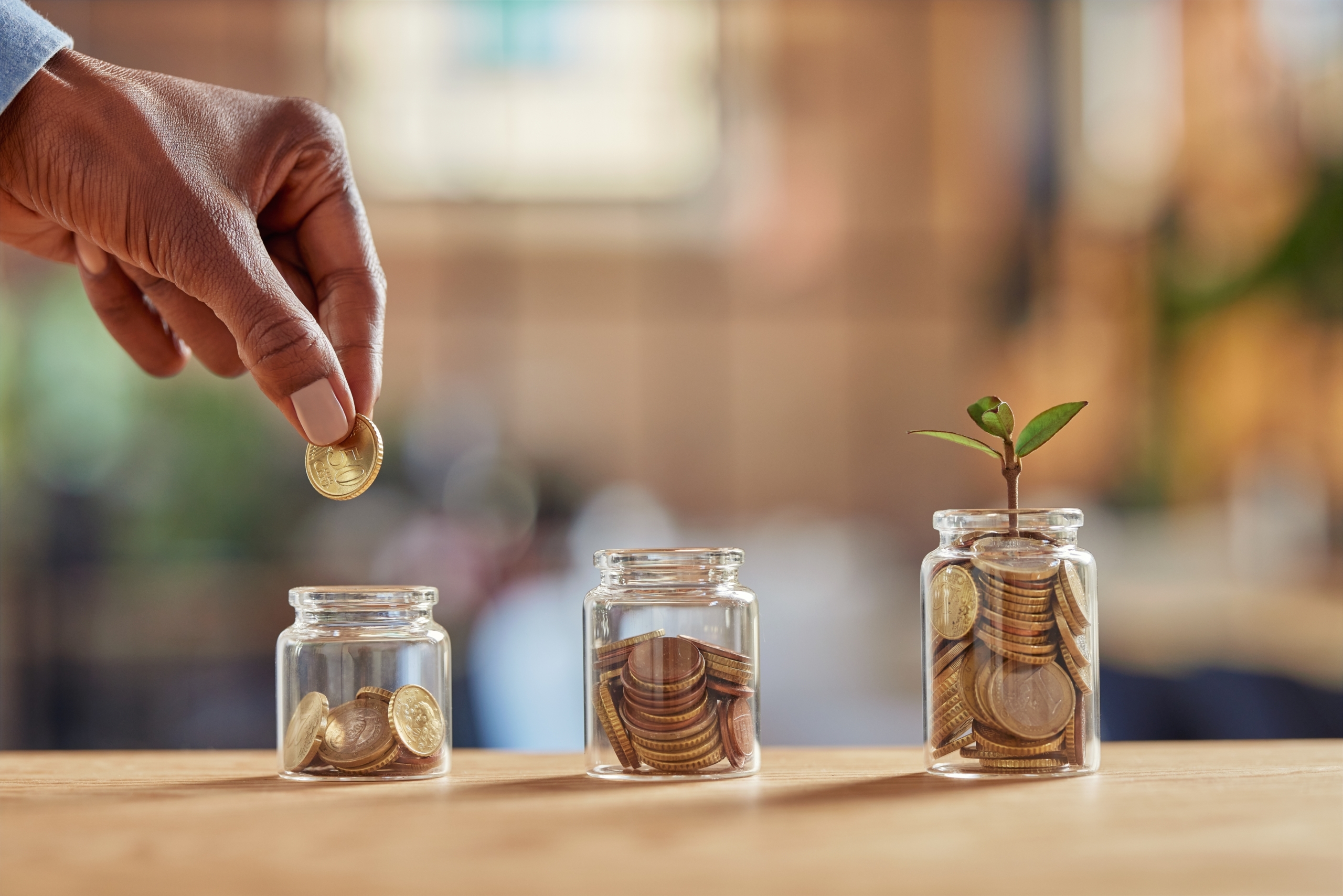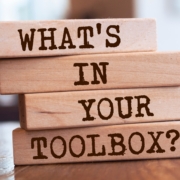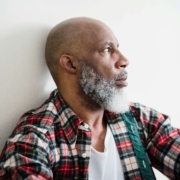DBT Skills Series 10
Feeling Drained? Use the DBT Accumulating Positives Skill to Refill Your Emotional Reserves

Life has a way of piling things on—stress, responsibilities, and curveballs that catch us off guard. Over time, all of that pressure leaves us more open to emotional overwhelm.
What would typically be a small bump in the road can feel like a mountain when your energy is drained, or a snappy text can suddenly feel overwhelming. Our emotional intensity no longer matches the situation.
When that happens, irritation, frustration, or anger can spill out on others—or turn inward on ourselves. People around us might not understand: “Why are you making such a big deal out of this?” That invalidation only adds fuel to the fire.
Stress doesn’t just affect emotions – it takes a toll on the whole body. The American Psychological Association notes that chronic stress impacts the nervous system, digestion, and even cardiovascular health.
DBT teaches us that accumulating positives is one way to break this cycle. In DBT therapy, skills like this are taught step by step to help you build balance and resilience. By intentionally adding moments of joy and meaning into our lives, we give our emotional system a much-needed break. It’s like slowly letting air out of a pressure valve so we don’t explode—or like depositing emotional “bucks” into a savings account so that when stress makes withdrawals, we still have enough left over to stay steady.
Accumulating Positives in the Short-Term
Short-term positives are the small, intentional actions that bring comfort or enjoyment in the moment. They don’t erase stress, but they keep it from draining your emotional savings account too quickly. Each slight positive is like making a deposit, so when stress makes withdrawals, you still have reserves to draw on.
Examples of short-term positives:
- Make yourself a cup of tea or coffee and actually pause to enjoy it.
- Step outside for five minutes to notice what you see, hear, and feel.
- Read a few pages of a book you enjoy.
- Put on music that shifts your mood.
- Watch something lighthearted that makes you smile.
Each of these is like adding emotional bucks back into your savings account. One deposit on its own may feel small, but when you build the habit of adding positives every day, your account grows. Then, when a stressful moment shows up, you’re less likely to feel wiped out or overdrawn.
Accumulating Positives in the Long-Term
Short-term positives provide you with small deposits that help in the moment, while long-term positives involve investing in your future. This is where you build the “life worth living” that DBT talks about. It’s less about quick relief and more about creating a foundation that brings ongoing meaning and joy.
Think of it like putting money into a retirement account: one deposit might not feel like much, but over time it grows into something that carries you through harder seasons.
 So how do you do this?
So how do you do this?
It starts with values—figuring out what really matters to you. Maybe it’s being healthy, being connected, learning new things, or helping others. Once you know your values, you can begin shaping goals around them.
Example: Let’s say “connection” is one of your values. Right now, you may feel lonely and want more friendships. That goal might sound overwhelming at first, so you break it into smaller, doable steps:
- Make a list of groups, classes, or activities you might enjoy.
- Choose one to try out (like a local book club or hiking group).
- Plan to attend once, even if you feel nervous.
- Afterward, notice how it felt—and keep going if it aligns with your value.
Over time, these small steps add up. Attending that one group might lead to meeting people you click with. Slowly, your emotional savings account grows, and you find yourself less vulnerable to loneliness pulling you down.
Another example: Maybe your value is growth. You’ve always wanted to learn to play the guitar, but never made time for it. A long-term positive could look like:
- Getting an affordable starter guitar.
- Watching beginner tutorials once a week.
- Making a small daily habit—like practicing for 10 minutes—part of your routine.
Each practice session is a deposit, and while you might not feel a huge shift right away, six months later, you notice that playing brings you joy, pride, and a sense of accomplishment.
Why Accumulating Positives Matters
Long-term positives are about building a life that feels fuller than just just going through the motions. Stress isn’t going anywhere, but it doesn’t have to run your whole day. When you weave in things that give you purpose, connection, and meaning, the tough moments feel a little easier to face.
Over time, those deposits start to add up. A fuller emotional savings account means the little stressors don’t completely wipe you out. You’ve got reserves to lean on, so your reactions match the situation more closely. That also makes it easier for the people around you to understand where you’re coming from and respond with support.
Neuroscientist Dr. Lisa Feldman Barrett explains through her Theory of Constructed Emotion that emotions aren’t fixed responses but are shaped by your brain’s predictions and past experiences. This helps explain why building in positive moments changes not just how you feel now, but also how your brain learns to respond in the future.
You don’t have to stay stuck in the ups and downs of overwhelm and feeling misunderstood. You don’t have to change everything all at once. Even small shifts can bring more steadiness and resilience over time.
How It All Comes Together
Short-term positives are the little things that help you get through today. Long-term positives take longer to build, but you’re slowly changing how life feels in a bigger way. Using both means you’re not just getting by—you’re creating a life that feels steadier and more meaningful.
When you put them together, you’re not just lowering stress—you’re actively reducing the vulnerability that leaves you overwhelmed and reactive. Instead of running on empty and snapping under pressure, you’re building reserves of strength and resilience.
This is the heart of DBT’s idea of a “life worth living”: creating both small moments of joy now and a bigger life that supports you for the long haul.
Your Challenge This Week
Try experimenting with both sides of this skill.
- Short-term:Pick one small positive to add into your day—something that feels doable and enjoyable. Notice how it affects your mood, even in small ways.
- Long-term:Choose one area of life that really matters to you and take a single small step toward it. It doesn’t have to be huge—just enough to remind yourself that you’re building something for your future.
Think of it as making two deposits: one that helps you right now, and one that grows your account for later. Over time, these steady choices add up—and you may find yourself less reactive, less drained, and more connected to a life that feels worth living.
If you’d like more tools like this, explore other posts in my DBT Skills Series — each one offers practical strategies you can use right away.
Moving Forward — With Support That Fits You
Accumulating positives is one way to refill your emotional reserves and reduce the intensity of stress. But sometimes, it’s not easy to do this on your own—especially when life already feels overwhelming.
At Integrative Path Therapy, I work with adults who are learning DBT skills in real time, not just in theory. Together, we practice skills like Accumulating Positives, Self-Soothe, Check the Facts, and others so you can create more balance in your everyday life.
If you’d like more support, I offer:
-
DBT Skills Groups in person in Las Vegas
-
Individual DBT Therapy (in Nevada, California, in-person or online)
-
General therapy services for adults navigating stress, anxiety, and emotional intensity
You don’t have to wait until you’re running on empty. Small steps, like adding positives each day, can grow into a life that feels steadier and more worth living. You can also browse my blog library for more ways DBT and EMDR therapy can support your emotional well-being.
If you’re ready to take the next step, reach out here.










